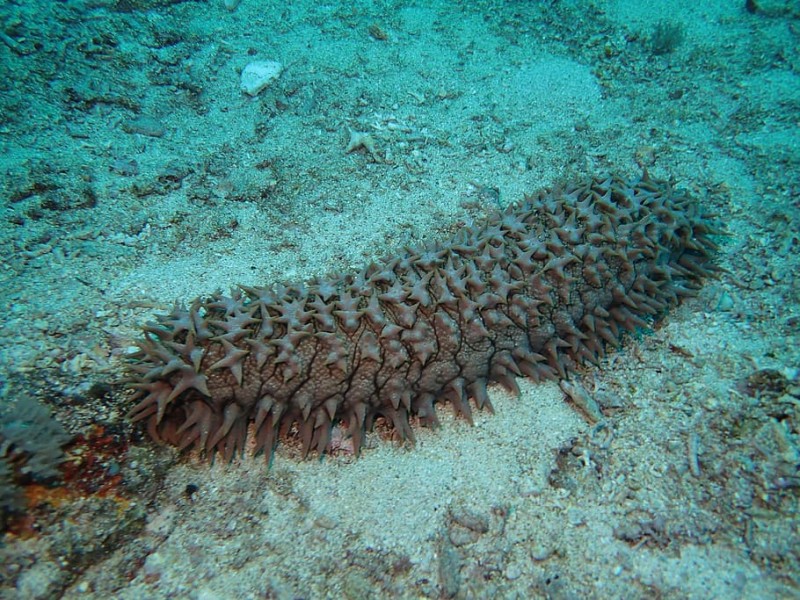Zunyu Zhao was stopped two times, one in 2017 and the other in 2019, at a port of entry between the United States and Mexico when trying to smuggle sea cucumbers, specifically Isostichopus Fuscus or brown sea cucumber.
He and Xionwei Xiao exchanged messages about their illegal business during this period, confirming the shipments smuggled into the United States.
“The parties agreed that the fair market value of Isostichopus Fuscus sea cucumbers is $435/kg, and the total value of the sea cucumbers trafficked during the conspiracy was $10,222.50. The defendants also agreed to pay restitution to the Procuraduria Federal de Proteccion al Ambiente, the Mexican governmental entity charged with protection of the environment,” the statement said.
Sea cucumbers are protected under the Convention on International Trade in Endangered Species (CITES). However, illegal trade has threatened its survival. The value of the sea cucumber trafficking market is around US$200 million per year.
Mexico is known to harbor hundreds of species of sea cucumbers, especially in Baja California and the Yucatan Peninsula. This region is attractive for smugglers looking to please the demand in China, Sri Lanka, and countries in Southeast Asia that are reportedly the main destinations for this species' illegal trade.
Authorities in Mexico and the United States seized 100.6 tons of sea cucumber, worth an estimated $29.5 million, between 2011 and 2021, revealed a study that analyzed 97 incidents reported during that period.
According to InSight Crime, Mexican organized criminal groups such as the Sinaloa Cartel and the Jalisco Cartel - New Generation (CJNG) are also involved in this illicit business.
“First, extortion fees are demanded from illegal and legal fishermen alike. Once the cartel establishes greater control over a specific community, they demand that all catch be sold to them, at a price of their choosing,” the outlet said.



